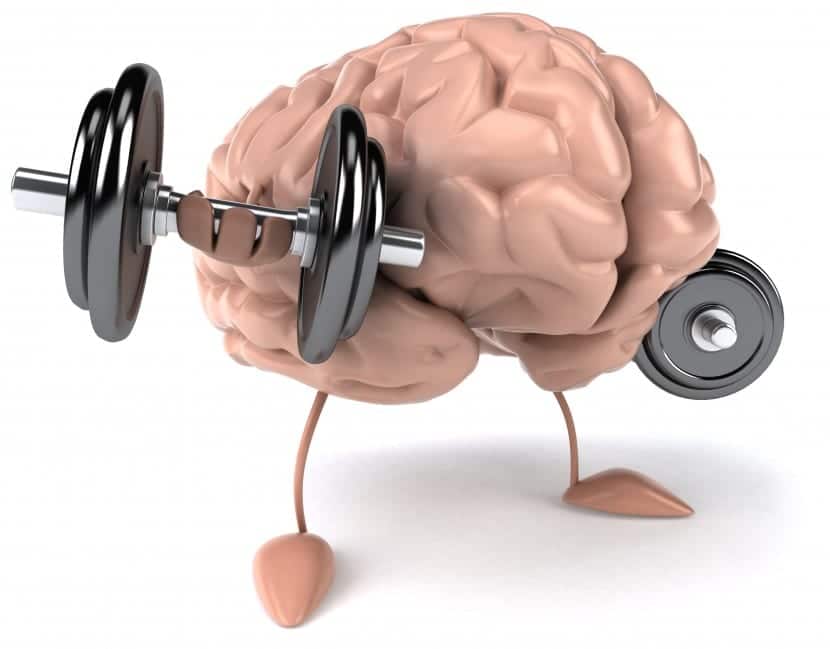
Having careful memory is essential at the time of oppositions or exams. Memory is the key for a study to be successful and for tests to be passed successfully. There are people who forget to take care of their memory because they think that memory "is there" and it is already there. But the reality that to better remember what you study, in addition to employing some strategies, also you will have to bear in mind that your brain is a muscle that you must take care of on a daily basis.
To give you an idea of what I mean, I'm going to make an easy-to-understand comparison. Our memory is with your abs, to have a flat stomach and in good shape you will have to have a good diet low in fat and refined sugars and you will have to exercise, in addition to being constant in your training. Well, the same thing happens with your brain, if you want to take good care of it you will have toTrain your memory every day so it doesn't become a "flabby and flabby" brain.
A good performance in public exams or exams requires a well-trained memory. In general, there is a lot of material that you should remember, although it is true that the important thing is to understand things, we will not deny that you also have to remember it well. Unfortunatelye students are rarely taught how their brains work Nor do they teach them how to develop their memory and what are the best techniques to remember large amounts of information. Do you need help to improve your memory? Don't miss the following effective memory techniques.

Review and test technique
Remembering any piece of information is not easy and even less if you do not have your brain trained. You can start with a review / rehearsal process as soon as possible as soon as the information enters your short-term memory to begin with. If nothing activates it, you will have to create long-term memories with that knowledge or most of what you learn will be forgotten. To get it you will have to interact with material and information on your first meeting with him and then actively doing review exercises to avoid forgetting.
Start and finish
It is proven that people remember more and better what they have learned at the beginning and at the end of a learning session. In other words, remembering what happened first or what happened last is easier for our brain. In terms of learning, this suggests that it is a good idea have many beginnings and endings while studying, either in class or at home (shorter but more frequent study time periods).
Sensory effect
The more senses and intelligences that are used in the review stage, the more likely you are to remember the things you are studying. Using many different sensory associations will increase the chances of recovery. Visual associations are the most powerful of all, But there are also people who, if they combine visual associations with others such as auditory ones, have a better chance of being able to better remember the things they study.

Similarity and effect
Information that is grouped and organized is easier to remember than information that is out of order or chaotic. This principle is fundamental to be able to improve the capacity of your memory. For example, if you are trying to remember a specific topic, it is better organize information and make a concept map well ordered than trying to remember everything without a set order.
Remembering the things you study doesn't have to be hard work or impossible. There are people who think that they are not able to remember, but it is not true that they are not able to achieve it, they only lack practice and training in their brain.
In this sense, if you want to better remember what you study, you will have to put these memory techniques into practice to be able to remember everything you set out to do. Although remember, that in order to memorize something and remember it better, it is not enough to memorize as if you were a robot, in addition to finding the logic to what you are studying, you should understand what you are learning. Memorizing without understanding is wasting time because your learning will be of no use.
Good morning!
I have a serious attention problem, especially when I get nervous. In front of an exam I am a disaster, I am not able to understand the text if the question is confusing, it creates indecision and many doubts, being able to change the answer several times.
They all say it's the nerves, okay, I accept it, but I am unable to think clearly knowing the answer. What tactics can I follow to understand the text and memorize better?
Thank you.